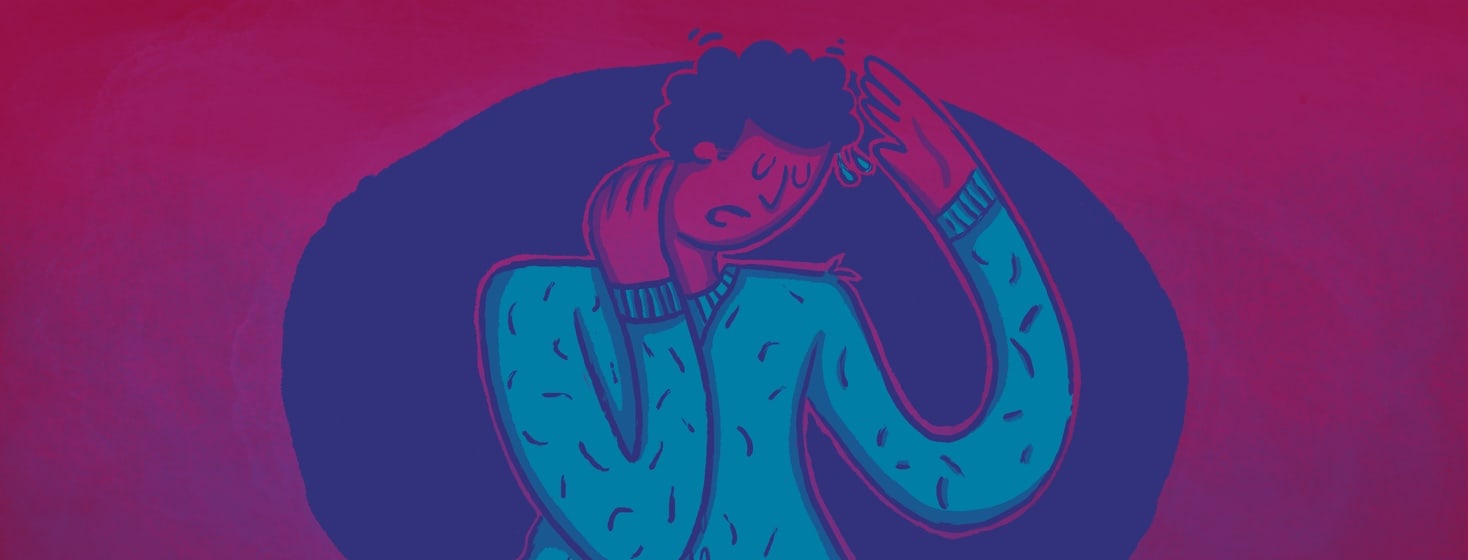Flare Scares
The role that fear plays as it pertains to our RA is an important concept to keep in mind as we manage this chronic disease. Fear is not just an emotional response but, in fact, a physical one as well. It is this physical response that can often lead to some real trouble when it comes to our RA.
How does fear affect us?
We all know how fear feels mentally and emotionally. It can play tricks with our perception of reality and our memories can become distorted. There are many examples of this in daily life. Fear of public speaking, fear of heights, fear of snakes, and on and on. Learning to control or at least respond to this, can be the key to not having the eventual physical side effects that fear creates.
How the body responds to fear
How fear plays out in our bodies can influence our RA in physiological ways we need to be alert to. Fear, at its height, induces the “fight or flight” response starting with the part of the brain called the amygdala and moving on to the hypothalamus. Bodily changes include sweating, dry mouth, freezing in place, increased heart rate, rapid breathing, tightness in your chest, nausea, dizziness, constriction of blood vessels, heightened mental focus, etc. as your body prepares to “fight or flee”. The fact is, this response is our body's way of protecting us by producing the stress hormones, cortisol, and adrenaline, to prepare us to respond to the danger, either perceived or real. That is where we can get into trouble. It is the differentiation of real or not that can be the issue for many of us who combat uncontrollable fear.
Can fear trigger an RA flare?
When you glance at the potential physical side effects of fear it is clear that they could all play a role in triggering flares. Since flares are often an elevated response to inflammation, and the hormones released during a fear-induced reaction indicate inflammation, it follows that fear and anxiety can be factors in the onset of a flare. And beyond that, if you are in a flare and fear takes over, the exacerbation of the flare itself is likely, or, at least, possible.
How can I manage my fears?
I have certainly experienced this over the years. The most difficult part is that I know, without a doubt, that I am letting fear take over, and yet, I find it incredibly challenging to counter this reaction. That said, there are strategies that work and can really make a difference in allowing you to properly manage your fears.
Exercise
Exercise can help because it requires you to concentrate on something else. Gentle Tai Chi, yoga or walking, just to name a few, requires concentration and takes your mind off the fear. Physical movement also releases endorphins, that feel-good hormone, which counters the others. Simply get up and move, while focusing on that movement, and you will notice a positive difference. Making this a regular part of your life may actually prevent it!
Relaxation
Relaxation techniques like meditation, guided imagery, and even simple breathing exercises slow the mind down and bring us to a better mental state. Massage is a great way to combine physical and mental relaxation components.
Nutrition
Healthy eating can make a big difference! Lots of fruits and vegetables are best while reducing sugar to avoid those dips in blood sugar levels that can lead to feelings of anxiety as can too much caffeine.
Be careful about using alcohol to give you “liquid courage” as it can lead to feelings of depression and anxiety long term.
Have a support system
Faith and/or spirituality may be the answer for you as feeling that there is something bigger to connect with beyond ourselves provides many people with a sense of peace.
Support groups for RA or anxiety can be useful as a way to connect with others who are experiencing the same thing. These groups offer companionship, encouragement, advice and a common purpose that can be extremely helpful.
Talk to your healthcare team
Sharing your fears with your medical team is important as well. They may suggest a medication or other therapy to counter your fear response.
These are just a few possibilities for handling the fear that is a part of RA and chronic disease. With some thoughtful implementation of these and other strategies, you can not only combat fear, but manage it!
Nan

Join the conversation